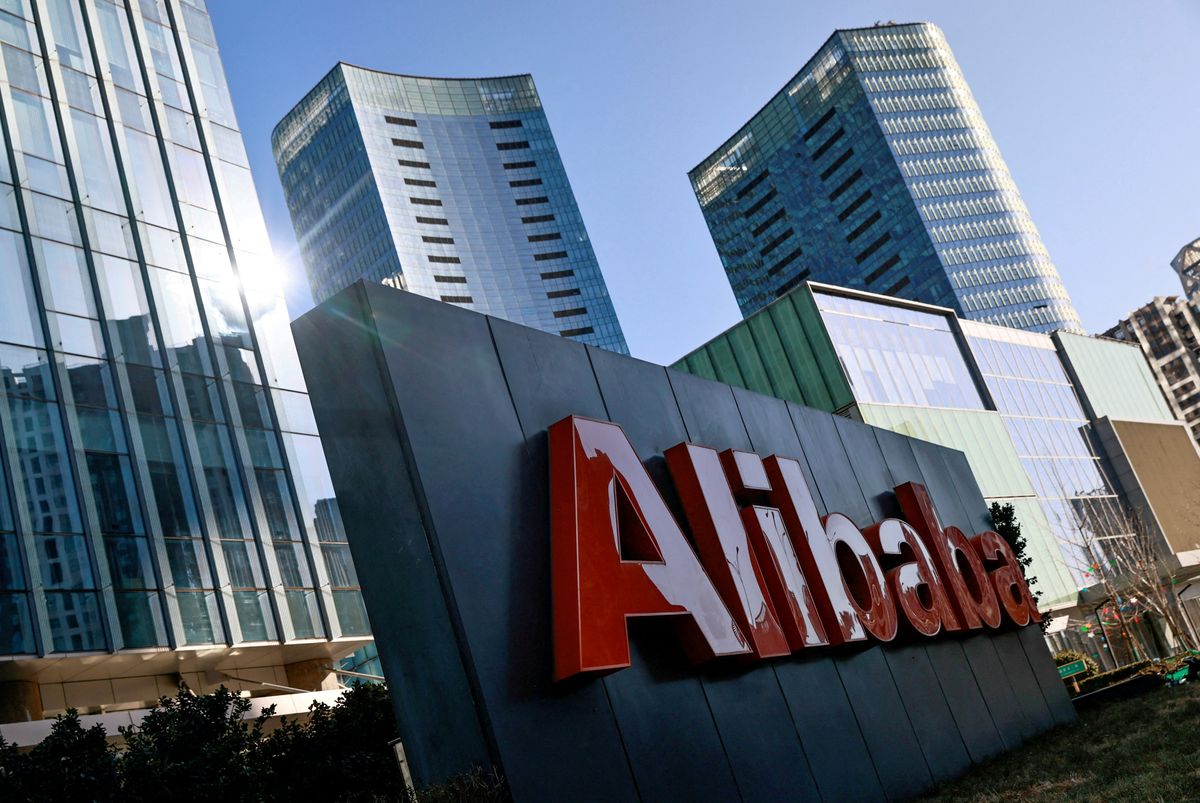The Michael Burry effect – hedge fund manager goes all in on Alibaba and JD.com
Michael Burry is a big-shot investor who's made a lot of waves in the financial world.

A few minutes every morning is all you need.
Stay up to date on the world's Headlines and Human Stories. It's fun, it's factual, it's fluff-free.
The backstory: Michael Burry is a big-shot investor who's made a lot of waves in the financial world. Remember the US subprime mortgage crisis in 2007? Well, banks handed out loans like candy to people who couldn't afford to pay them back, and it ended up causing a huge housing market crash and led to a global economic crisis. Burry saw it coming before anyone else did and made a ton of money by betting against the housing market. His short-selling strategy (where an investment approach banks on assets losing value) made him famous and was the center of the 2015 movie "The Big Short," where he was played by Christian Bale.
Burry then started a hedge fund called Scion Capital in 2000, which he closed in 2008 to focus on his own investing. Then, he launched Scion Asset Management in 2011, a private investment firm that he’s still running in Silicon Valley. Burry’s also known for making some major investment plays that move markets, like investing big in GameStop before it became a meme stock in 2021. In fact, Burry was a key player in putting GameStop on the map, ultimately leading to one of the wackiest short squeezes ever, aka “the big squeeze,” which made a lot of retail investors rich but zapped several big Wall Street hedge funds shorting the stock, with their losses coming to almost US$20 billion at the worst of it.
More recently: Earlier this year, Burry made another bet that bucked against market trends. In March, Silicon Valley Bank collapsed after a big bank run. Around the same time, Silvergate Bank and Credit Suisse were in trouble and facing their own buyouts, so confidence in the banking industry was shaken.
A lot of hedge funds started getting rid of their shares in US banking stocks amid the panic, but Burry's Scion Asset Management went against the trend and started snapping up shares in regional banks that took a hit. For example, First Republic’s shares were down 97% before being snatched by regulators and sold to JPMorgan. PacWest Bancorp had fallen around 79%, and Western Alliance Bancorp lost over 48% in value. Scion loaded up on hundreds of thousands of shares in these companies during the turmoil.
But Scion wasn't just looking at struggling stocks. It also invested in New York Community Bancorp, which actually went up by 20% this year. Scion also bought into Capital One, Wells Fargo and Huntington Bancshares. By the end of the first quarter, Scion's US equities portfolio had a market value of about US$107 million.
The development: Now, Burry is playing the long game. This time, he's investing big in Chinese tech, specifically e-commerce giants Alibaba and JD.com. He’d already bought shares in the companies at the end of last year, but he’s doubled down on those bets in the last quarter. Burry's holdings in JD.com surged to 250,000 shares, worth US$11 million, now making up 11% of his portfolio. He also doubled his stake in Alibaba to US$10 million. So now, those two stocks alone make up 20% of Scion’s portfolio.
That's a gutsy move, considering JD.com's US-listed shares have plummeted 32% this year, and other hedge funds have been offloading their stakes in Chinese tech. But, it seems Burry is optimistic about China's tech industry and has some serious faith that these companies will bounce back in a big way.
Key comments:
“Our fund flows analysis shows that US-based long-only managers have net sold US$1.3 billion of Chinese ADRs in February month-to-date, after two consecutive months of net buying of US$2.1 billion in total,” said Morgan Stanley in a February note, referring to long-term US investors backing of Chinese companies.
"Many likely bought financial stocks as the sector was weakened by Silicon Valley Bank's downfall and then, as the sector recovered, locked in short-term profits and began deploying capital into other sectors," said Christopher Blake, executive director of issuer solutions at S&P Global Market Intelligence.
"We're positive on China over the short term but our long term outlook is neutral to negative," said John Pearce, chief investment officer at Australia's UniSuper. "As it's impossible to quantify geo-political risks we don't attempt to. Our reservations about China's long-term investment prospects are based on our outlook for returns to capital."




Comments ()